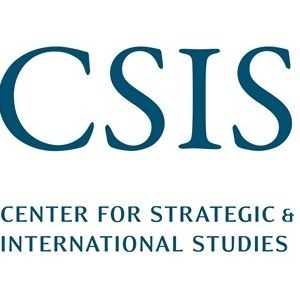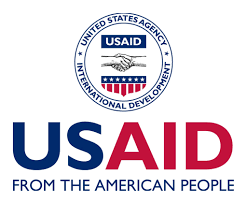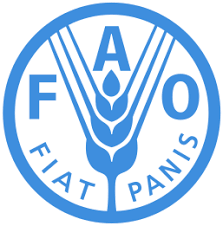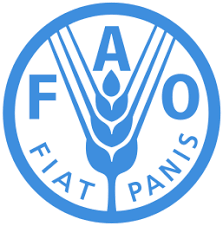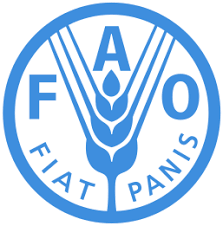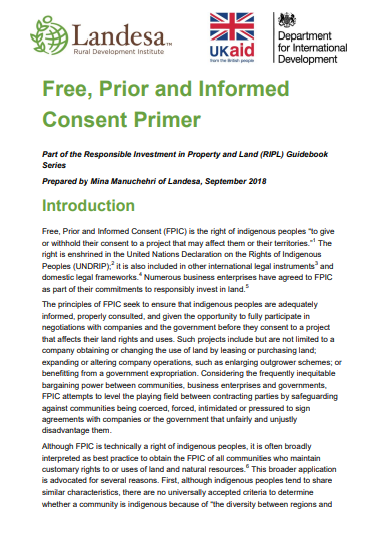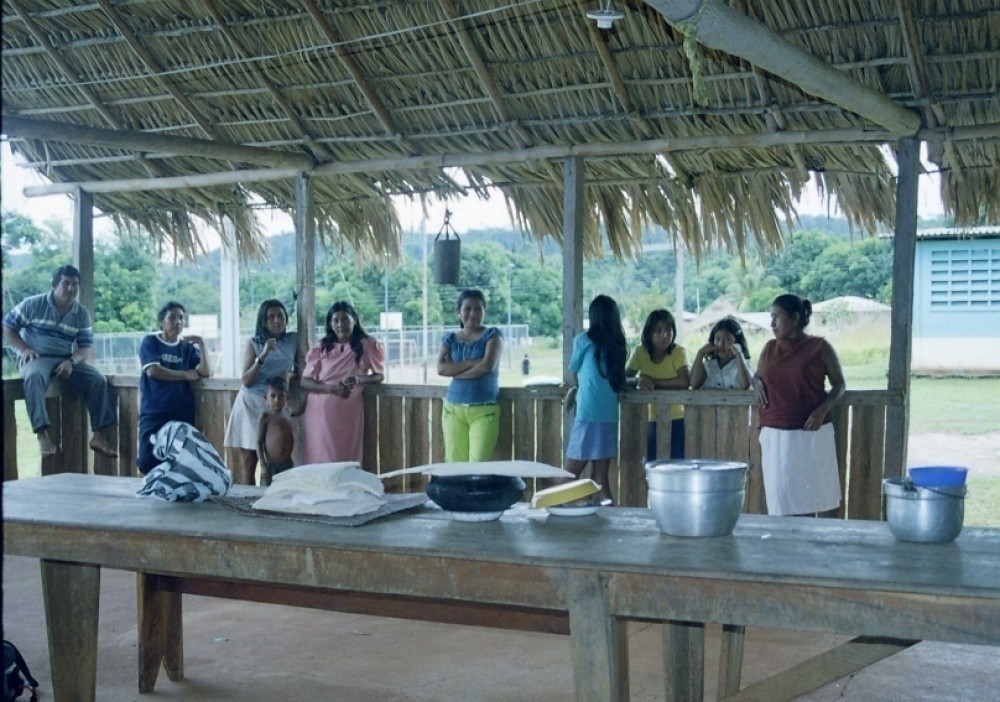Point of adoption
The Voluntary Guidelines on the Responsible Governance of Tenure of Land, Fisheries and Forests in the Context of National Food Security is the first global exhaustive tool on the tenure of land and natural resources developed through an open inter-governmental process with the full and effective participation of a vast array of relevant actors. In such document, internationally accepted principles and norms were established to define responsible practices for the use and control of land, fisheries and forests.


